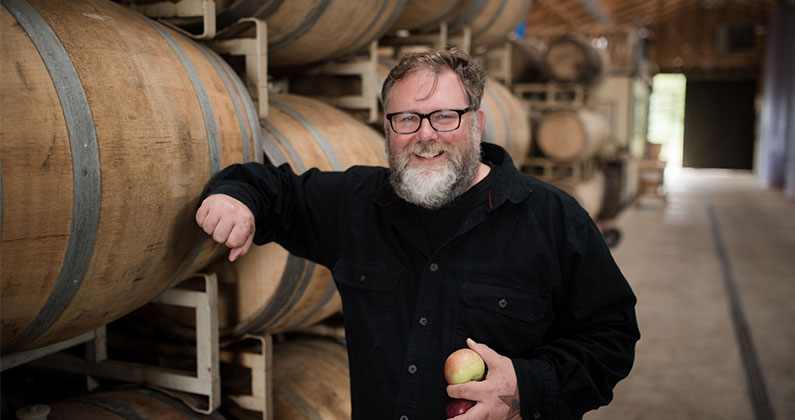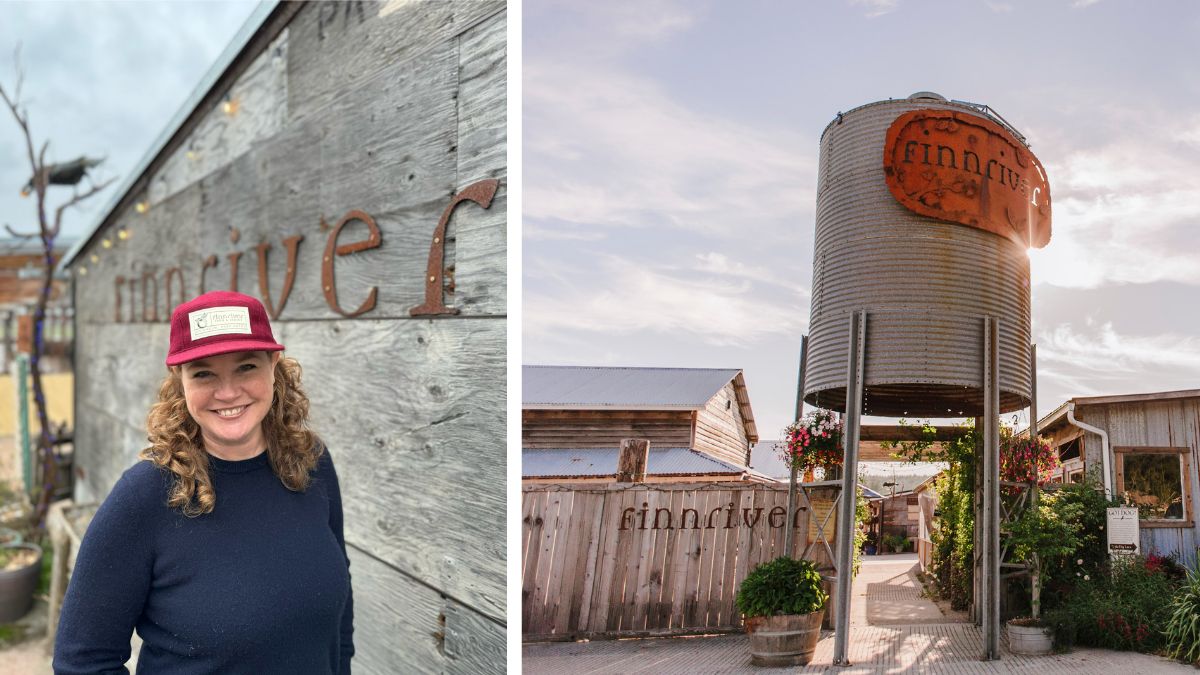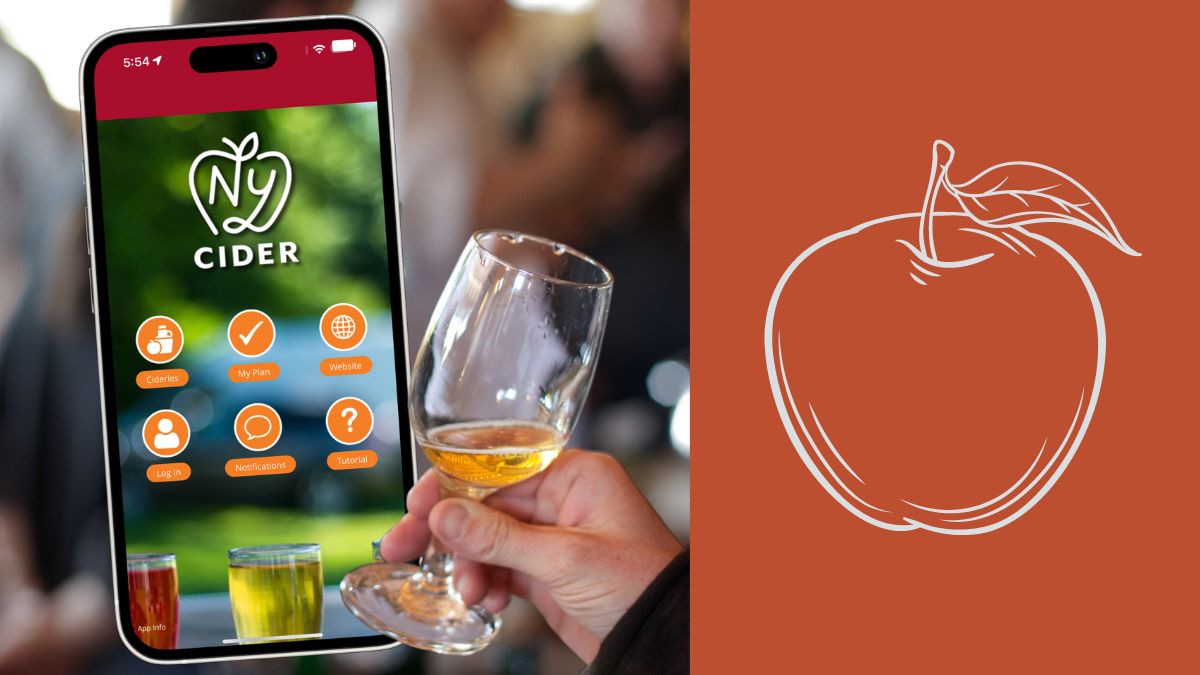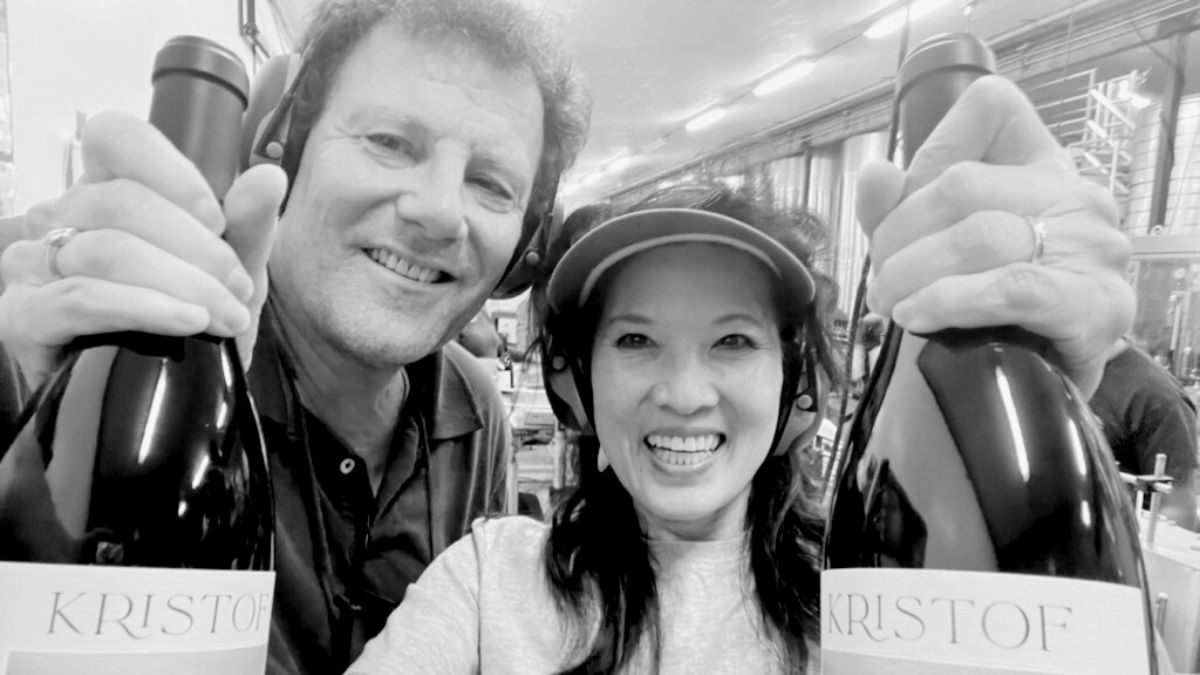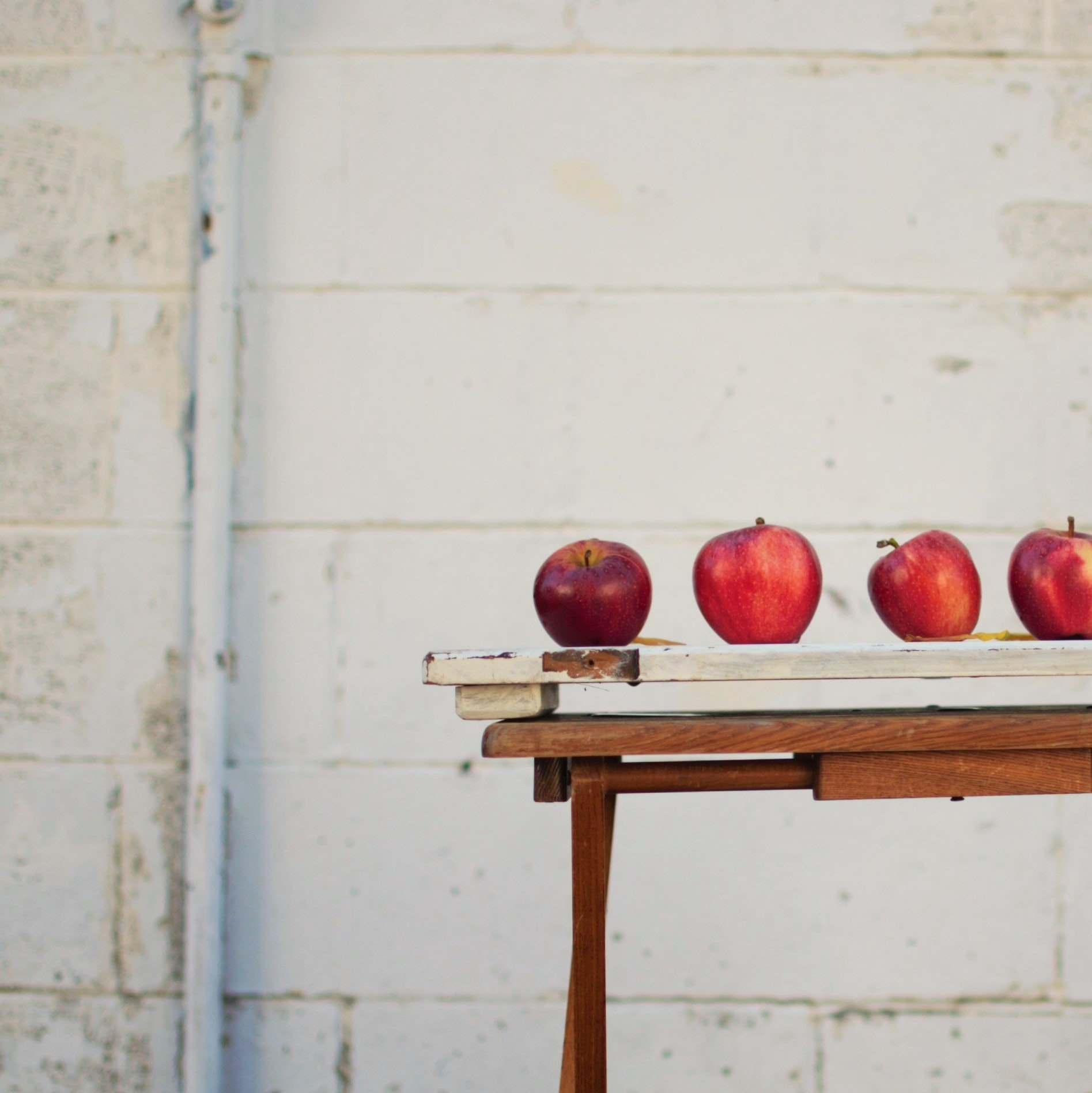After 20 years in the beer industry and recognition for establishing the standard in bourbon barrel-aged beer, Greg Hall set his sights on cider. Educating himself through an exploration of top cider producers in England and France, he returned to Chicago where he opened Virtue Cider in 2013. Today he brings the craft of barrel aging to his Michigan-apple ciders, creating complexity in every glass. Hall shares what it takes to produce a quality barrel-aged cider and speaks to the future of its growth in popularity among the industry and consumers.
Cidercraft: As Virtue Cider has grown, what are the challenges of maintaining the quality expected in a barrel-aged cider?
Greg Hall: Anytime you introduce liquid into a wooden barrel, you give up control to the barrel. Each barrel is different and the same batch of cider can and will taste different from barrel to barrel after aging. We continue to taste each and every barrel before we approve it for blending. As we add more barrels, we add more tasters too. So far it’s worked.
CC: Most of your ciders have aged in French oak or bourbon barrels. Have you experimented with other types of barrels for aging and what do you consider to be the best?
GH: That’s correct, most are aged in French oak, and The Mitten is aged in Bourbon barrels. We have also used American oak, which is pretty intense, and a few gin barrels. We have plans to add even more as we add more room. I like them all, because they are all different and each shape, size, wood and previous use will add its own complexity to the cider.
CC: What should one expect in a quality barrel-aged cider?
GH: Complexity. Many cidermakers limit themselves to only one ingredient, apples. Barrels add not only the flavor of wood, but often oxidation and even a microbiological component. All add additional notes to the flavor and aroma, less so the appearance.
A true barrel-aging program requires a lot of time and resources, two things in short supply at most small businesses. If a cidermaker adds barrel aging to their process, my take is they must be pretty serious, because, frankly, it’s a whole lot of extra work. I would expect no shortcuts in the other stages of their cider production, thus exceptional cider.
CC: Where is the future of barrel-aged cider headed?
GH: In England, France and Spain, so many ciders are aged in wood it often isn’t even part of the brand description. American ciders are heading that way too, it’s just something that is part of the process. As more cidermakers add barrels to their program, the drinker wins with more complexity in the glass.
This article ran in Vol. 10 of Cidercraft magazine. For the full story and more like it, click here.

